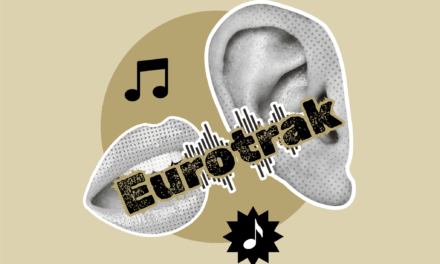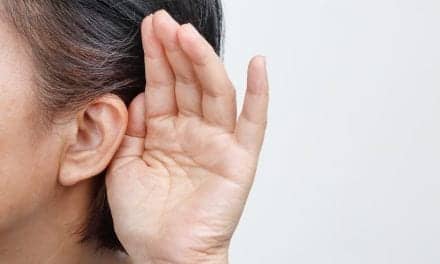09-28-2006
Hearing loss can contribute to strained relationships with family and friends, depression, and even a deterioration of basic well-being, but only one in five Americans who could benefit from a hearing aid has one—and just one-third of those who have hearing aids use them.
These are among the key findings of a literature review conducted by the Medical Technology Assessment Working Group at Duke University. Researchers found consistent evidence that hearing loss contributes to a decline in quality of life, particularly among the elderly.
However, they also found no research in existence documenting how hearing devices can enhance everyday experiences.
Approximately 6 million people in the United States use a hearing aid, most for treating moderate hearing loss, but 35 to 50% of hearing aid users are not satisfied, the study found.
Hearing aids are being underused, in part the Duke team reasoned, because of social attitudes that reflect misunderstandings about hearing loss (eg, beliefs that hearing loss is inevitable later in life) and because of the cost and possible inconvenience of hearing aids.
“One area of critical need is understanding the barriers to hearing aid use that contribute to irregular use of hearing devices by those who have them,” says Linda K. George, PhD, professor and project director of the study. “Until these areas are better understood, continued innovations in hearing aid devices will be hampered.”
The report noted that it would not be surprising to find that the use of devices for hearing loss is associated with substantial increases in productivity and other social contributions, but as yet, the issue has not been validated by research.
Investigators also found that research to date devotes little attention on matching consumers to specific types of hearing devices (eg, cochlear implants, hearing aids) and the extent to which consumers can choose among devices. The Duke team urged more research be undertaken to understand the impact of hearing devices on social, emotional, and physical disabilities, as well as the consumer effects of patient education on the use of these devices.
As found in other disease fields examined by the Duke team, including sensory, musculoskeletal, renal, cardiovascular, and cancer, available information on device evaluation lags substantially behind advances in technologies. For example, most of the evidence available to the researchers was based on hearing devices that have been superceded by newer versions.
The study examined the impact of medical technologies on treatment of hearing loss, with emphasis on the elderly population, and is part of a larger study funded by a grant from InHealth: The Institute for Health Technology Studies, to examine the effects of medical technology on patients, particularly those who have completed treatment or received care.
“Hearing aids are a great example of how medical technology can have a profound effect on quality of life for millions of people,” says Martyn Howgill, executive director. “We need a better understanding of why people are not using hearing devices in order to improve hearing aid technology in ways that would surely aid untold millions of potential recipients.”
[SOURCE: EurekAlert!, a service of AAAS; InHealth: The Institute for Health Technology Studies, June 2, 2006]




